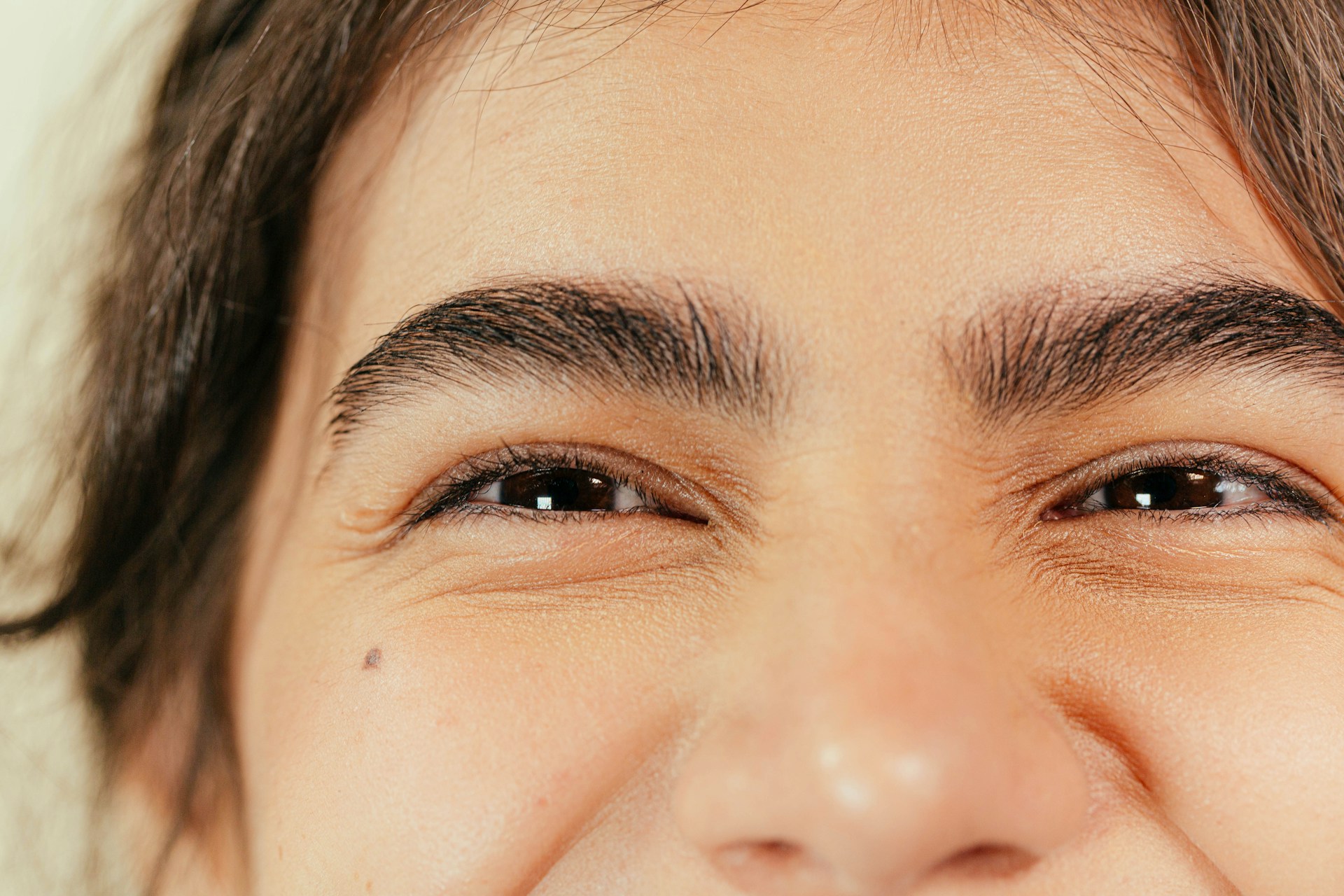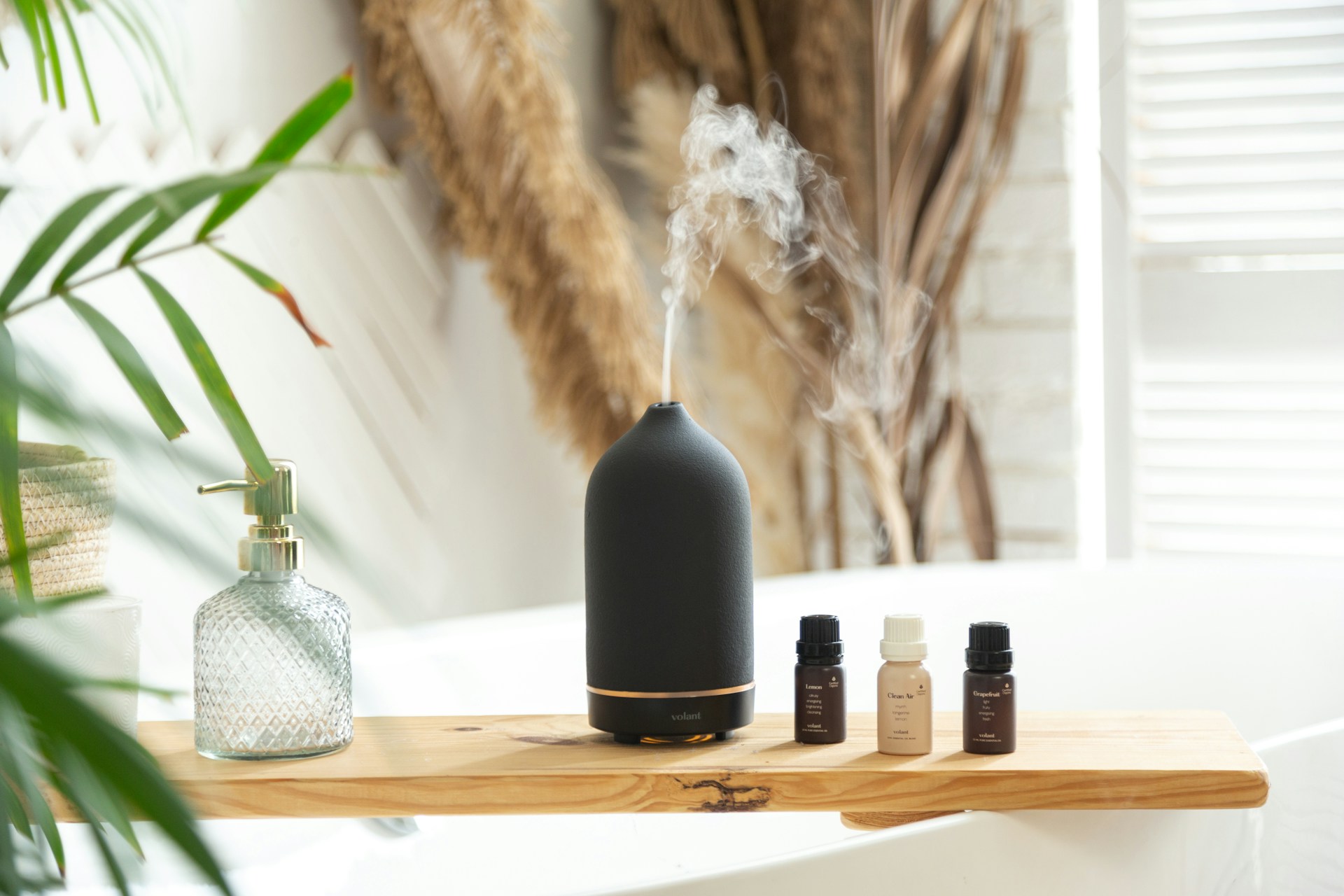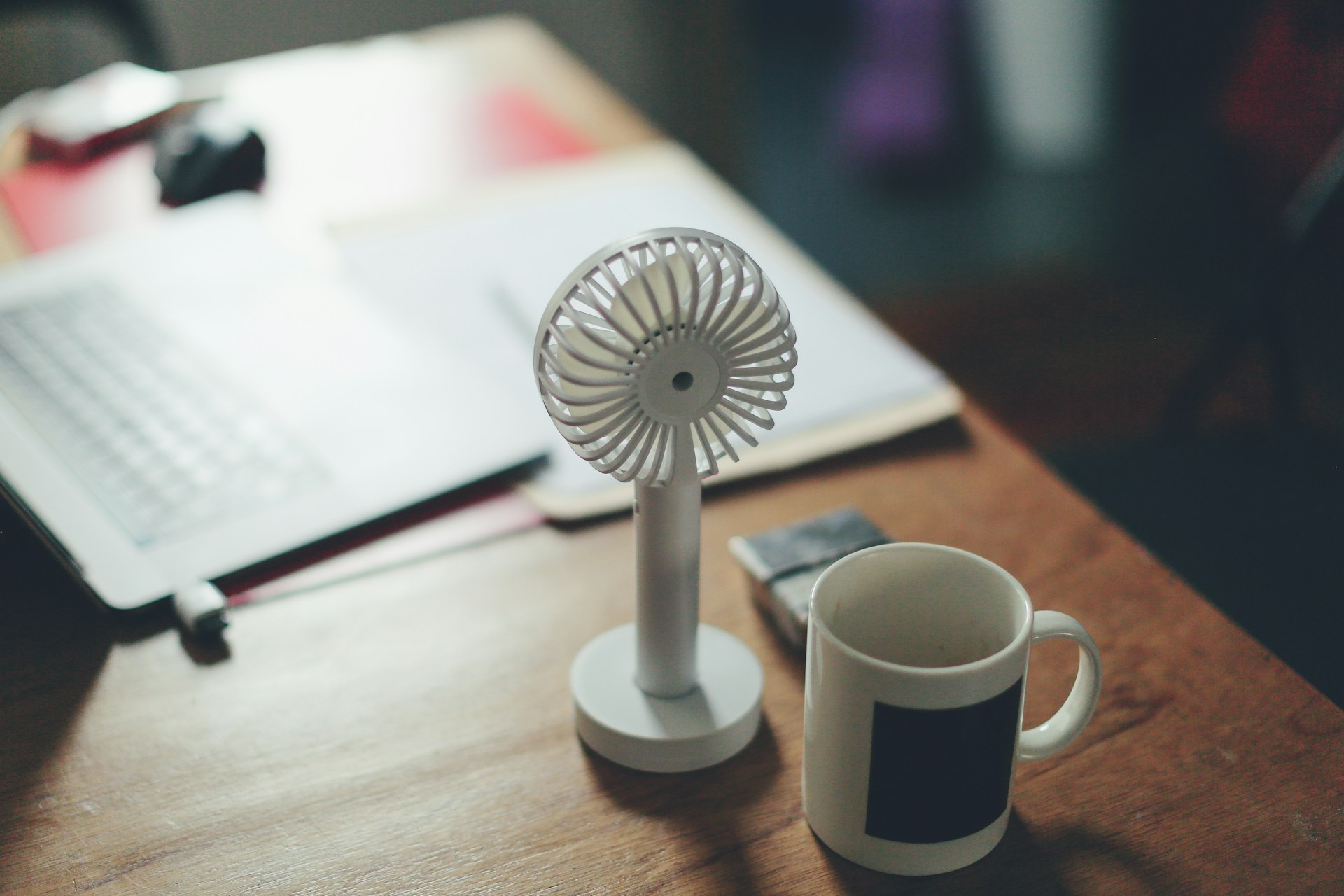
Maintaining healthy vision is essential for overall well-being, especially in today’s digital world, where screens dominate our daily routines. Fortunately, adopting a few simple habits can help protect and preserve eye health for years to come.
One of the most effective ways to support vision is by maintaining a nutrient-rich diet. Foods rich in Lutein, Zeaxanthin, Vitamin C, and Omega-3 fatty acids—such as leafy greens, carrots, and fish—play a key role in reducing oxidative stress on the eyes. Additionally, supplementing with Eyecheck Inc.’s Macutene Protect provides a concentrated blend of AREDS 2-recommended nutrients, including 25mg of Lutein and 5mg of Zeaxanthin, to help support macular health and long-term vision function.
Another important habit is following the 20-20-20 rule to reduce eye strain from prolonged screen use. Every 20 minutes, take a 20-second break to look at something 20 feet away. This helps prevent digital eye fatigue and supports overall eye comfort.
Wearing sunglasses that block UV and blue light is also crucial for protecting the delicate structures of the eye from sun damage and excessive screen exposure. Ensuring proper hydration and blinking more often can also prevent dry eye syndrome, which is increasingly common with modern screen use.
By combining smart daily habits with high-quality eye supplements like Macutene Protect, you can take proactive steps toward preserving sharp vision and supporting long-term eye health. Small changes today can lead to clearer vision tomorrow.










